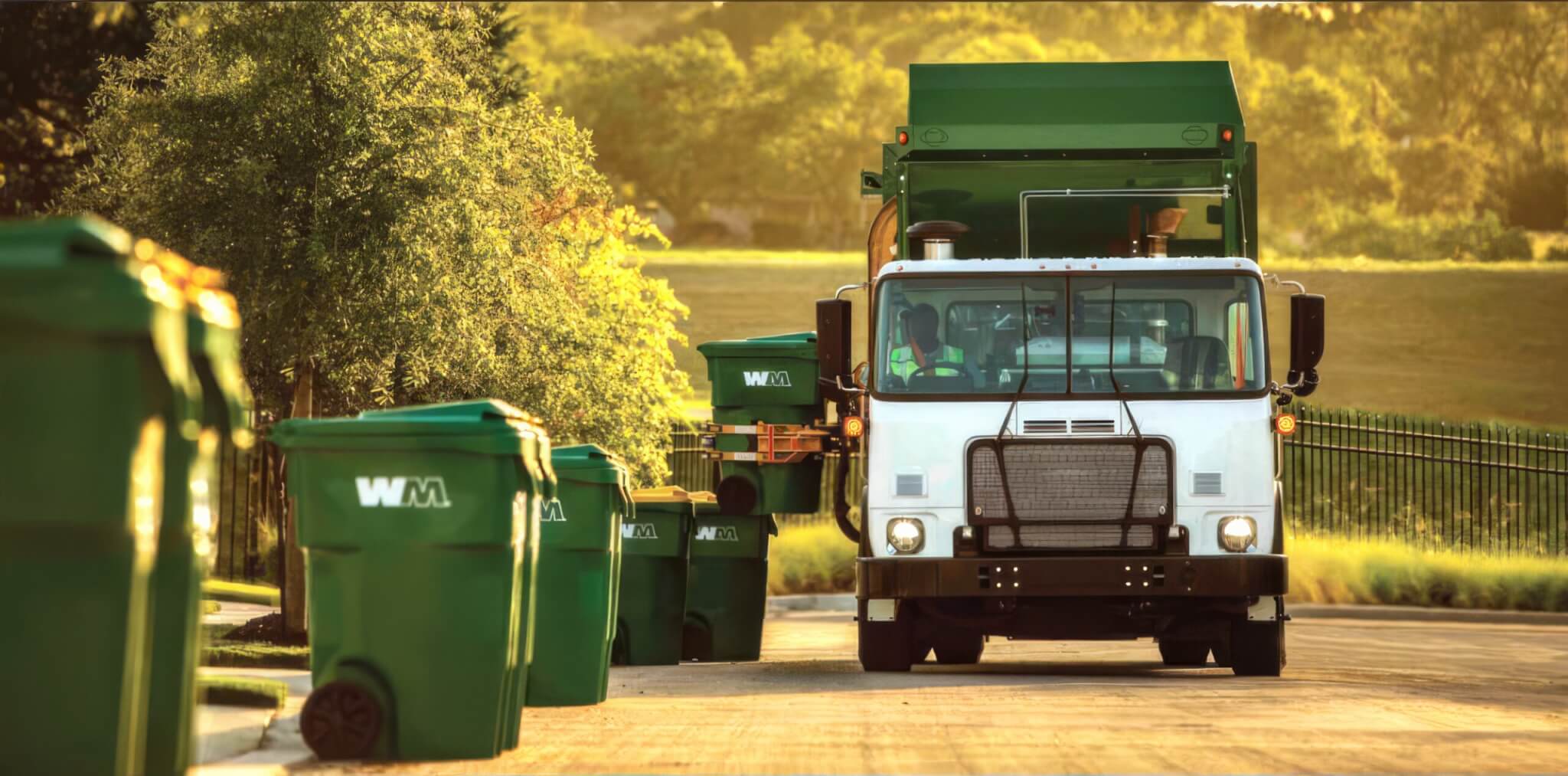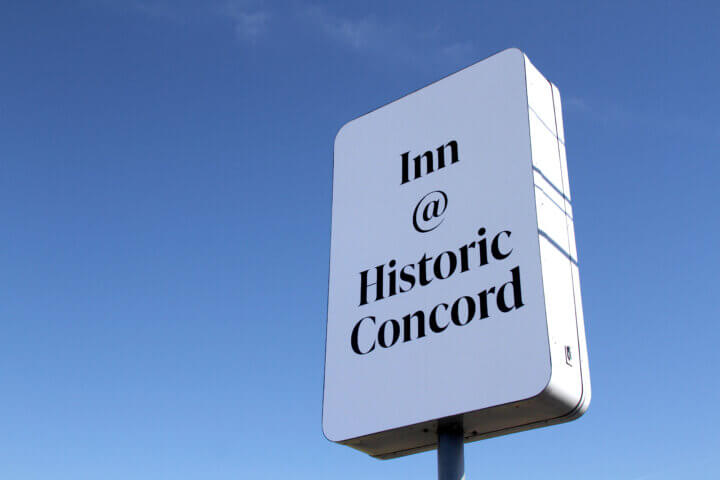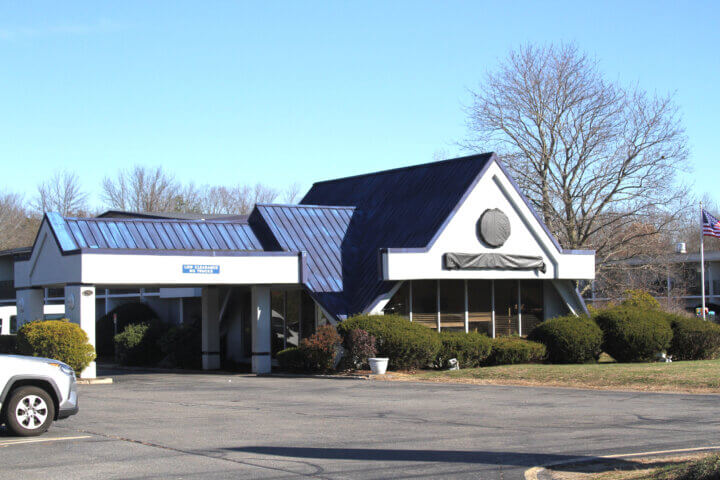By Erin Tiernan — Erin@concordbridge.org
Concord is kicking its 20-year-old waste collection program to the curb this fall and upgrading to automated pickup and single-stream recycling that comes with new branded barrels.
Though trash day will remain the same for the 3,413 households that already opt in to the town-run solid waste hauling service, there will be some changes, Concord Public Works Program Analyst Justine St. John said.
Concordians won’t have to spend time separating paper and cardboard from metals, glass and plastics: All recyclables will now go in the same yellow-topped 96-gallon bin. Trash goes in a matching green-topped 35-gallon toter.
Subscribers will, however, see their bills go up: The annual cost for solid waste and recycling collection will rise to $490 — $41 more than the current cost.
‘Unavoidable’ price hike
The increase was “unavoidable,” according to St. John, who said that bills would have hit $604 for the year if the town had left the program unchanged.
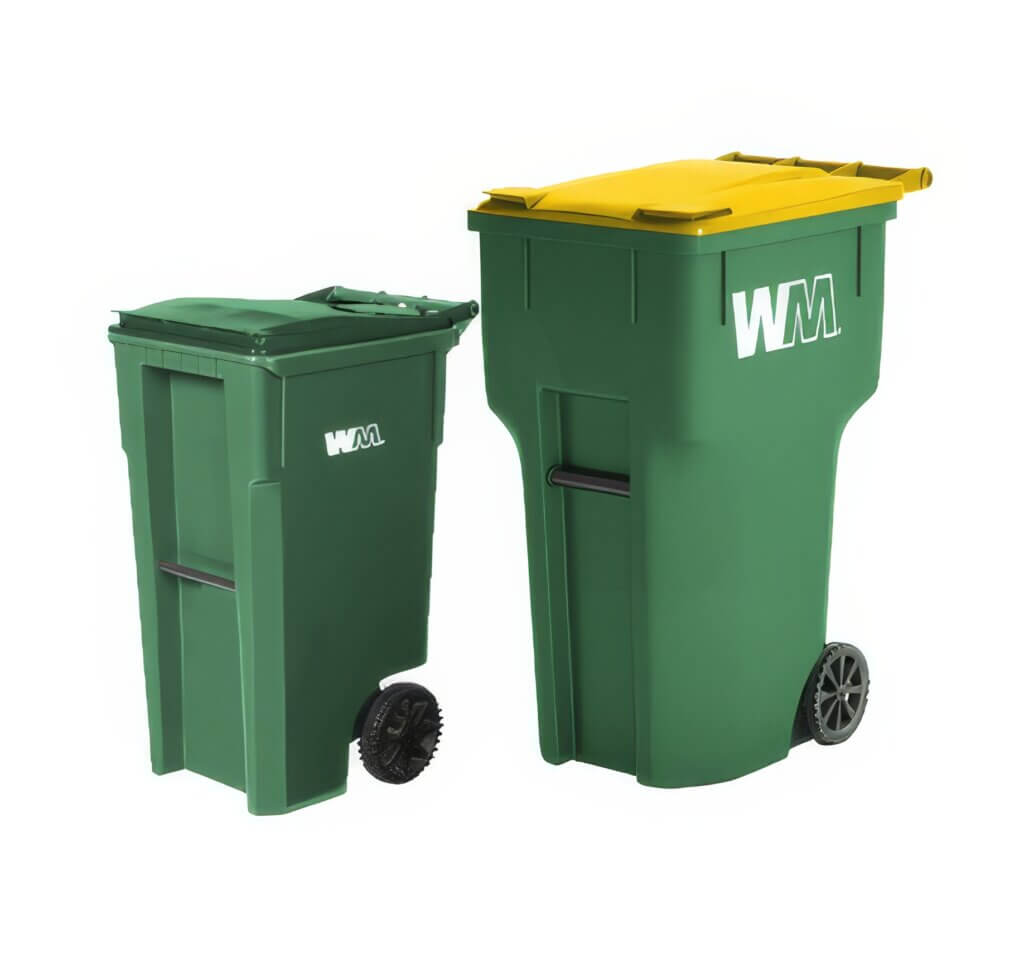
St. John pointed to ballooning costs around waste and recycling disposal and hauling charges. In the past five years, fees for curbside collection and disposal have leaped 39 percent from $1.12 million in 2020 to $1.56 million this year.
The biggest culprit: recycling disposal costs, which have risen 319 percent in that same period.
“Solid waste and recycling is getting very expensive, and the cost of recycling disposal has increased exponentially,” St. John said.
Years of rising costs spurred the move to the new automated pickup and single-stream recycling program.
“A dual stream is a more expensive program, and what we were learning is that we were going to eventually price people out of the program altogether,” St. John said. “We wanted to give people something they can afford.”
St. John described the new two-barrel program as a “more streamlined service” that will demystify what’s often been a confusing garbage collection system for Concord customers.
New trash and recycling bins will be provided to current subscribers the week of October 14. The town’s new automated curbside collection model and single-stream recycling program will launch the following week.
Customers still must subscribe semiannually in April and October. Hauling and disposal fees will be wrapped into a single charge rather than separate subscription fees and barrel tags, which St. John called “a constant source of confusion and frustration.”
Current subscribers received invoices to re-enroll in late August. New subscribers can sign up online at concordma.gov/482/solid-waste-disposal.
Overflow trash bag tags will cost $3.60 because of the larger receptacles. Subscribers can use up their leftover $1.80 bag tags but must attach two tags for one bag of overflow trash, the program analyst said.
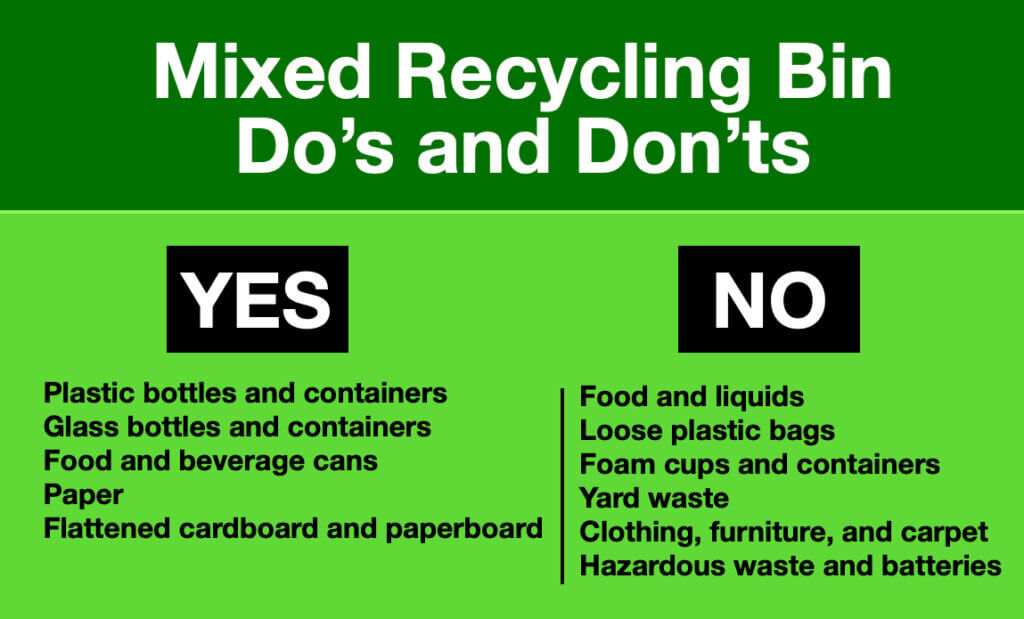
Less trash, less gas
The new program will result in a net carbon reduction for Concord, program data show. The efficiency of streamlined recycling and automated pickup means the town’s service provider, WM, can take an entire truck off the road. The company estimates it will eliminate at least 34,200 road miles per year and save at least 9,907 gallons of diesel.
An all-electric truck will service collections at municipal buildings once a week.
Looking to the future, Sustainability Director Eric Simms said cutting down on trash will be a priority for Concord. Simms pointed to the state Department of Environmental Protection’s Solid Waste Master Plan, which aims to reduce solid-waste disposal by 30 percent from 2018 to 2030, and 90 percent by 2050.
One way to do that could be through expanding compost services in town — something he said he’s investigating. The town has run a successful pilot program with dropoff sites at two locations in town since 2022.
“It’s something we need to be thinking about, not just because it’s in our climate action plan [but] because we think it’s a good thing to do,” Simms said.
“There will probably increasingly be some state mandates and requirements that towns will have to heed in the not-so-distant future around reducing solid waste.”


